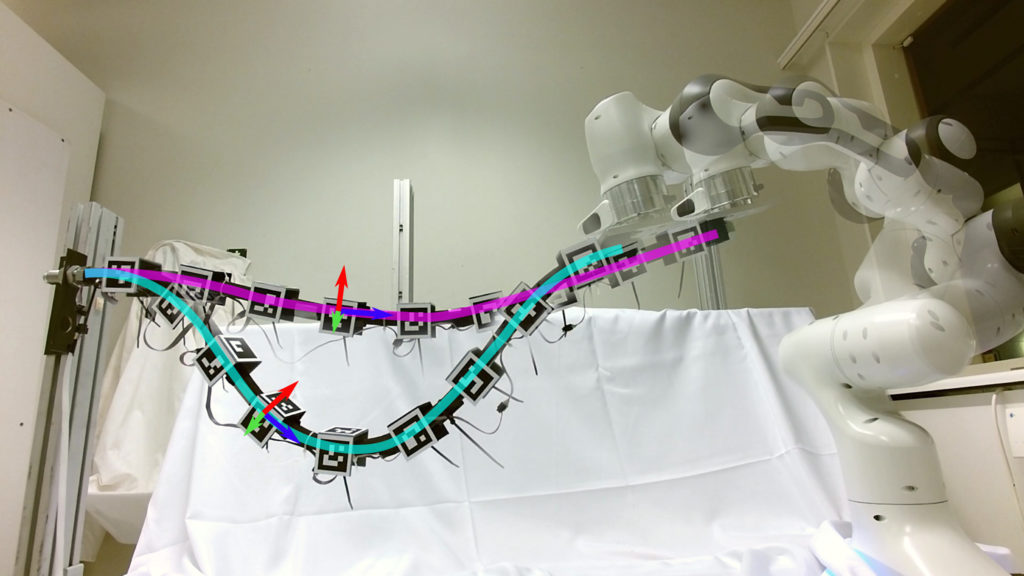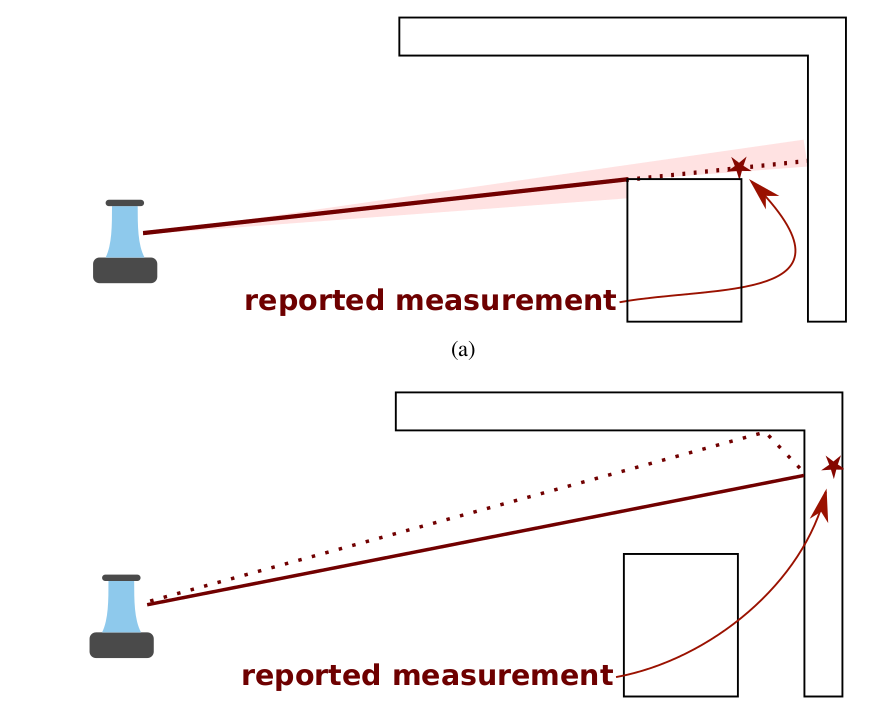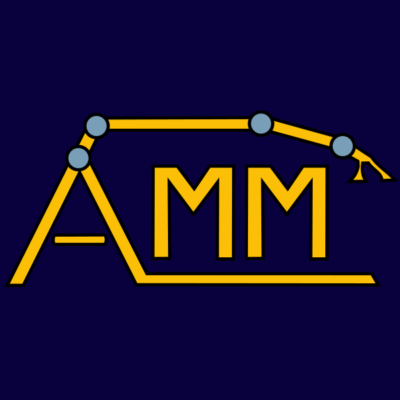The Automonous Mobile Manipulation lab (https://amm.aass.oru.se/) at Orebro University is offering four thesis projects suitable for an MSc or civ.ing. 20 week thesis project. In exceptional cases, a team of 2 BSc or hing students can also be considered. Please get in touch with todor.stoyanov@oru.se to apply. Include a CV, motivation letter (1-page limit), and grades transcript.
Cable routing and assembly
Modern vehicles have a large number of electronics components, which all rely on a large number of cables for power and connectivity. Assembling these cables during vehicle manufacture is still done as a largely manual task, which is not always ergonomic and requires a lot of human effort. In this project your task will be to investigate the use of a collaborative robot for routing and connecting electric cables in a mock-up vehicle module. You will examine how a human demonstrating the task can transfer knowledge and instructions to a robot, with a main challenge of deducing a sequence of intermediate goals for the robot to follow in order to achieve the assembly. This project is given in collaboration with Volvo GTO.
Expected background: Excellent programming skills (C++ and Python), excellent background knowledge in robotics, experience in sensors and robot programming is a plus.

Realistic Range Sensor Simulation
Simulators are important for developing and prototyping robotics algorithms, however, accurate physics simulation is usually difficult for current open-source tools. An alternative is to use a commercial physics engine, which has many advantages, but one notable problem: available tools do not readily simulate the relevant robotics sensors. In this project, you will contribute to an open-source effort to build a robotics simulator around a commercial (closed source) physics engine. Your task will be to focus on simulating sensors, and range sensor in particular, with an accent on efficient implementation, parallelization, and realistic sensor noise models. This project includes collaboration with our industrial partners at Algoryx.
Expected background: Excellent programming skills in C++, good theoretical background on sensors, prior experience with open source frameworks and ROS desirable, and experience with parallel programming and CUDA is a plus.

